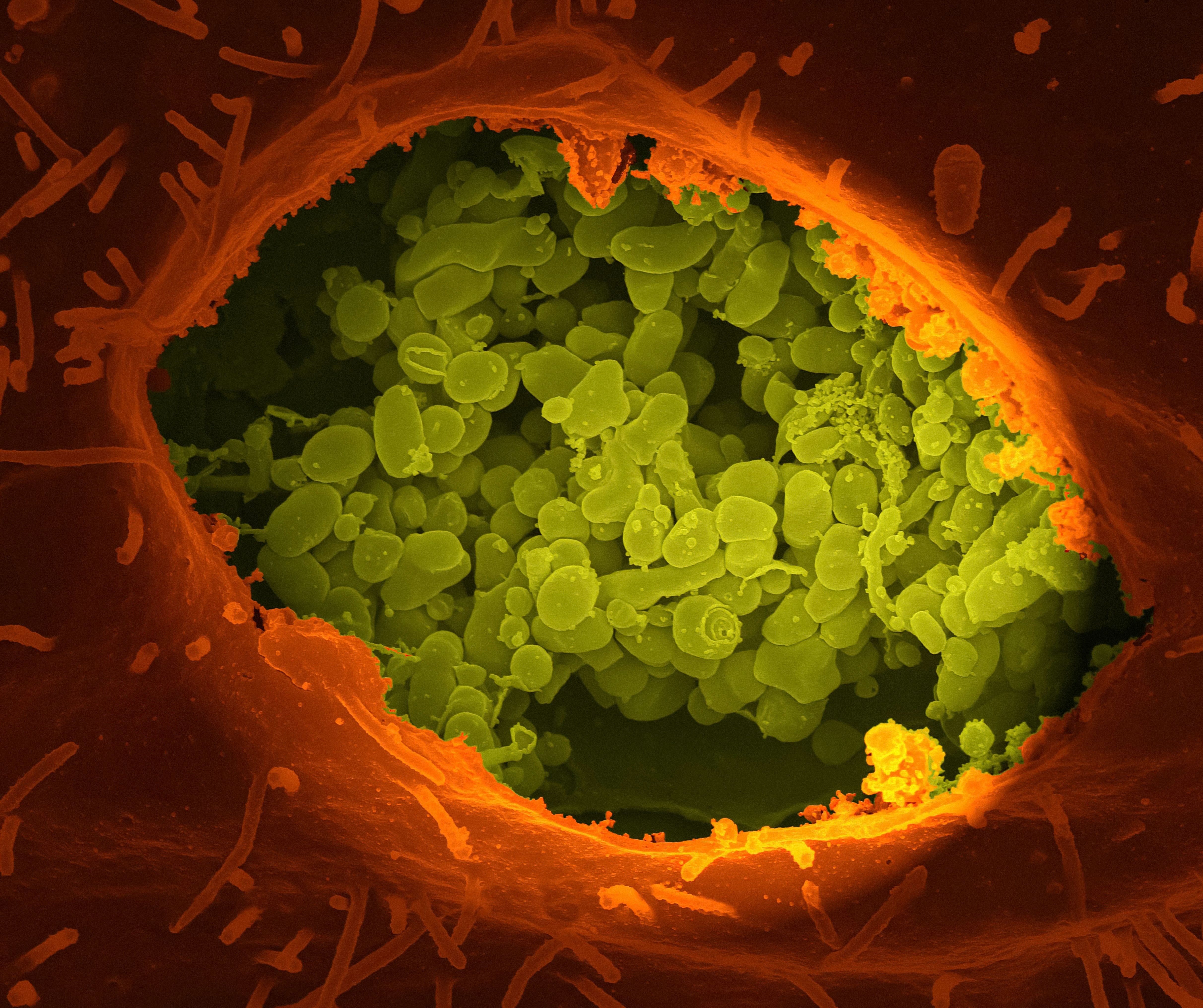
The #1 Reason Why Your Probiotic Supplement Isn’t Working Properly
As a registered dietitian, I often encounter clients who are puzzled by the lack of results from their probiotic supplements. And for a company that has put so much time, research and devotion into...

The Dynamic Duo of Prebiotics and Probiotics
Probiotics often steal the spotlight when looking at improving gut health and overall well-being. You might be missing a crucial piece of the puzzle: prebiotics. While probiotics get all the glory ...

What Vitamins are Good for Lungs? The Best Vitamins for Lungs Repair
Whether you’re recovering from a chronic lung issue or you’ve recently decided to quit smoking and are on the road to recovery, there are so many things you can do to support better lung health and...

How to Increase GLP-1 Naturally
While many turn to Ozempic® as a means of boosting GLP-1, you’re looking for natural ways to increase GLP-1 - and for good reason. There’s no denying GLP-1’s ability to support your weight managem...

Natural Alternatives to Semaglutide
Wouldn’t it be nice to kick your body’s weight loss processes into overdrive and press the fast-forward button on your results? That’s exactly what semaglutide, the active compound in drugs like Oz...

How to Reduce Ozempic Side Effects
There’s no question that Ozempic has the power to reduce cravings and help you lose weight with ease. While its primary purpose is to help manage type 2 diabetes, the drug has been put in the spot...

Lung detox after quitting smoking
Finally breaking free from the shackles the smoking puts on you is one of the most liberating feelings in the world. There’s no denying the challenges of quitting a nicotine addiction, but it’s one...

How to remove mucus from the lungs naturally
Whether you’re recovering from illness or deciding it’s time to quit smoking once and for all, you might be dealing with a lot of extra mucus in the lungs. You can feel it rattling around when you ...

Bloating, gassiness, digestive discomfort, poor skin health, a lack of focus - an unhealthy gut can manifest itself in a myriad of ways, some of which you may not even realize are related to your g...